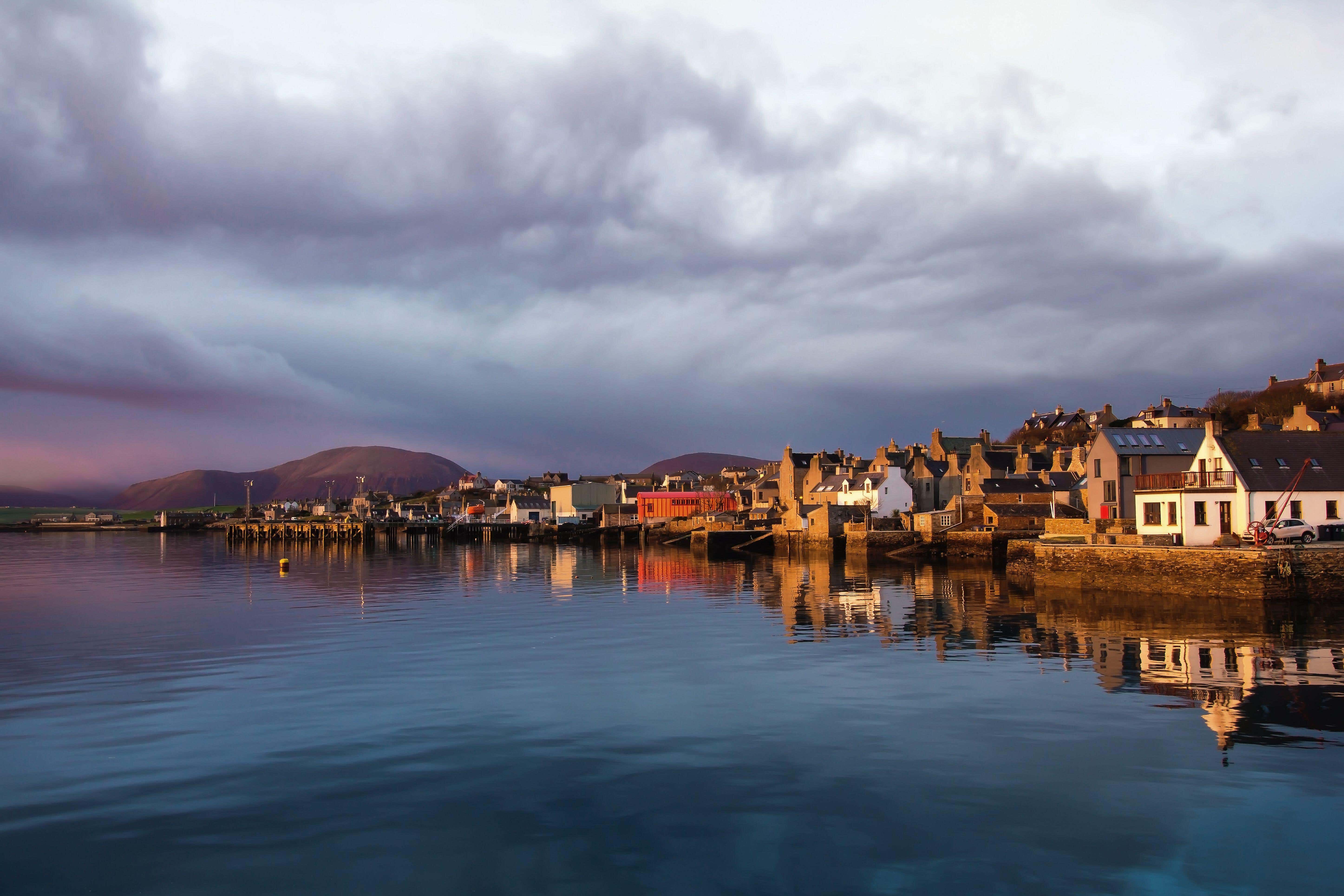Orkney councillors back plan to explore governance changes
Council leader James Stockan said the islands have been ‘restricted’ and ‘held down’ by both the Scottish and UK governments.

Your support helps us to tell the story
From reproductive rights to climate change to Big Tech, The Independent is on the ground when the story is developing. Whether it's investigating the financials of Elon Musk's pro-Trump PAC or producing our latest documentary, 'The A Word', which shines a light on the American women fighting for reproductive rights, we know how important it is to parse out the facts from the messaging.
At such a critical moment in US history, we need reporters on the ground. Your donation allows us to keep sending journalists to speak to both sides of the story.
The Independent is trusted by Americans across the entire political spectrum. And unlike many other quality news outlets, we choose not to lock Americans out of our reporting and analysis with paywalls. We believe quality journalism should be available to everyone, paid for by those who can afford it.
Your support makes all the difference.Councillors in Orkney have voted to back a motion to explore the future governance of the islands.
Orkney Islands Council leader Councillor James Stockan proposed a motion that instructs the local authority’s officers to publish a report on different options available to the islands, including exploring previous “Nordic connections”.
Despite media commentary, Mr Stockan insisted in the Tuesday debate that his motion is “not about joining Norway”.
The islands were under Norwegian and Danish control until 1472 when they were given to Scotland as part of Margaret of Denmark’s wedding dowry to King James III of Scotland.
“I say ‘enough’,” the leader told his fellow councillors.
“I say it is time for government to take us seriously, and I say it’s time for us to look at all the options we’ve got.
“There is a far bigger suite of options here – this could even be that we could get our money direct from the Treasury in London and look after our own future.”
Councillors voted by 15 votes to six against an amendment to block the motion, while a further change which would see the revival of a consultative group on constitutional reform for the islands was accepted by Mr Stockan and the motion’s seconder, Councillor Heather Woodbridge, without the need for a vote.
In a speech which raised a number of issues with the Scottish and UK governments, including funding settlements and the much-discussed issues surrounding Scotland’s ferry network, Mr Stockan said: “I have been a councillor now for 20 years, but for the last number I’ve been in negotiation with our governments to get what I believe is an equitable solution of position for the Orkney Islands in funding and in the opportunity that we have in and around these islands to benefit not just us, but to benefit our neighbours, to benefit our nation and to benefit the world.
“But we have been restricted in every conversation, we have been held down, and what I would say is we all know most of what I could say with regard to the discrimination that we’ve had against this community from governments in the funding settlement we have.”
Orkney, he said, receives less funding per head from Government than fellow island authorities in Shetland and the Western Isles.
Closing the debate, the council leader added that if the motion was not passed “we will never get anywhere”.
He added: “For us to get change today, for us to get traction today, for us to be able to engage today for the benefit of our citizens, I’m going to ask you to support this motion.”
On Monday, the Prime Minister’s official spokesman told journalists there is “no mechanism for the conferral of crown dependency or overseas territory status on any part of the UK”, adding: “Fundamentally, we are stronger as one United Kingdom, we have no plans to change that.”
Orkney MSP Liam McArthur said people on the islands “certainly feel angry”, but he added: “They may also be concerned at the time and resource that could be taken up exploring different constitutional models, particularly when council resources are already under real pressure due to Scottish Government cuts.”